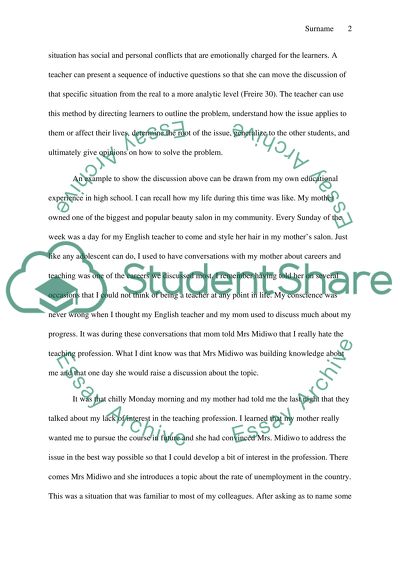Cite this document
(“Anking Concept of Education Essay Example | Topics and Well Written Essays - 1500 words”, n.d.)
Retrieved from https://studentshare.org/english/1490683-anking-concept-of-education
Retrieved from https://studentshare.org/english/1490683-anking-concept-of-education
(Anking Concept of Education Essay Example | Topics and Well Written Essays - 1500 Words)
https://studentshare.org/english/1490683-anking-concept-of-education.
https://studentshare.org/english/1490683-anking-concept-of-education.
“Anking Concept of Education Essay Example | Topics and Well Written Essays - 1500 Words”, n.d. https://studentshare.org/english/1490683-anking-concept-of-education.


